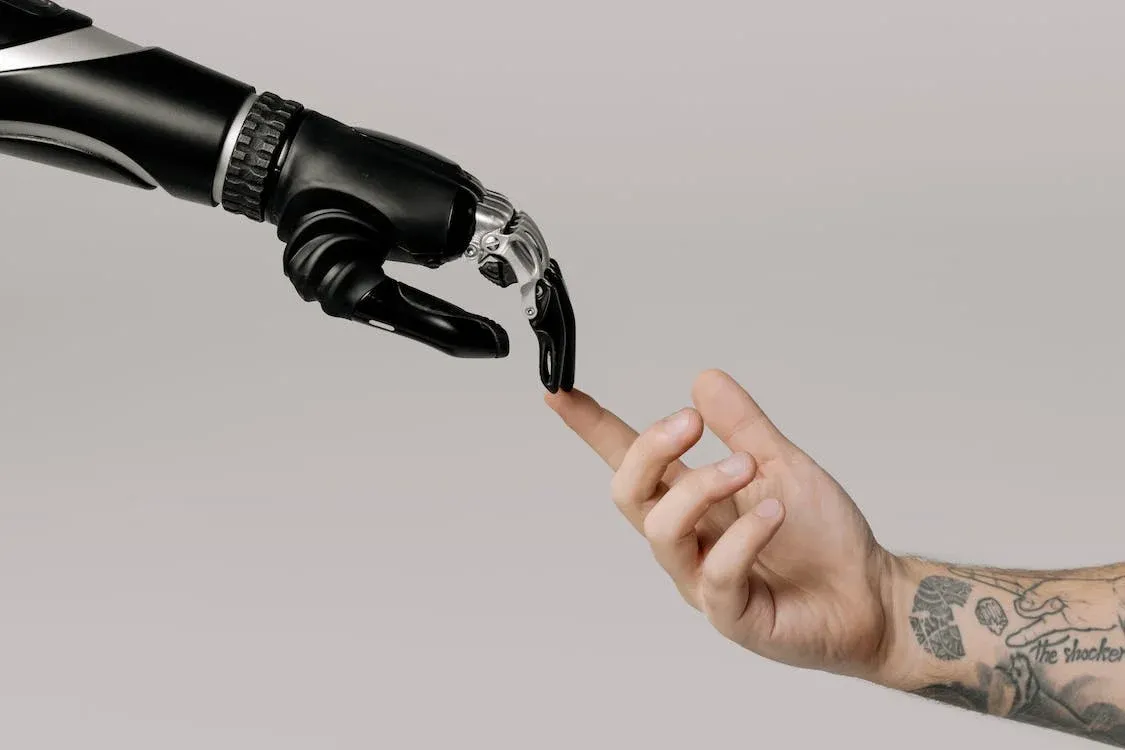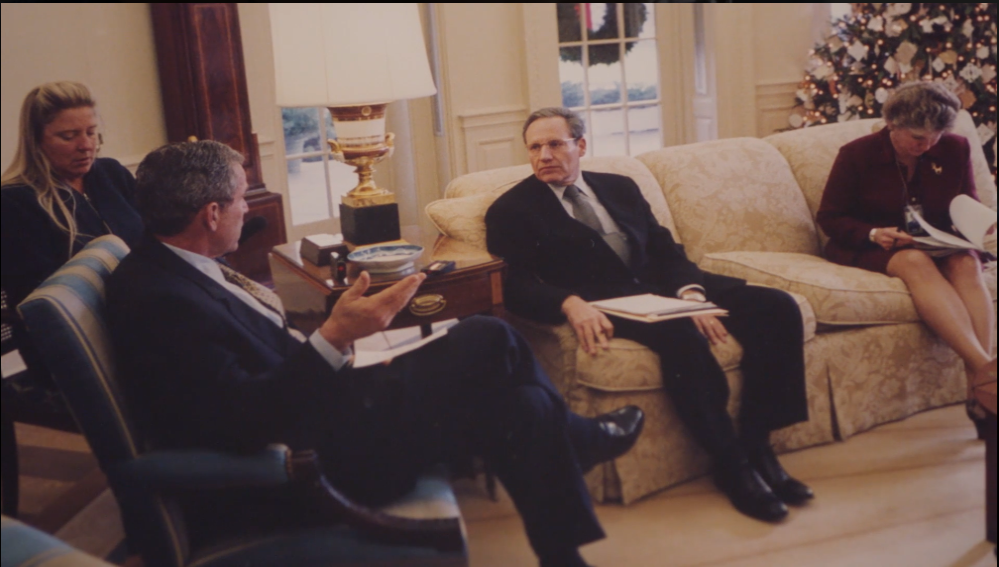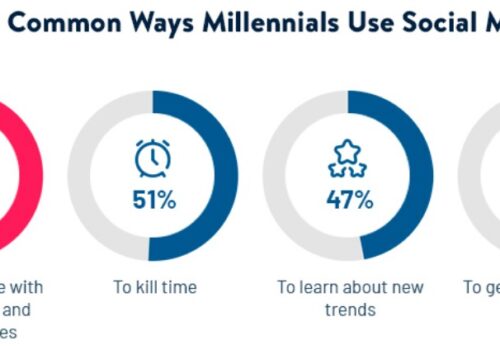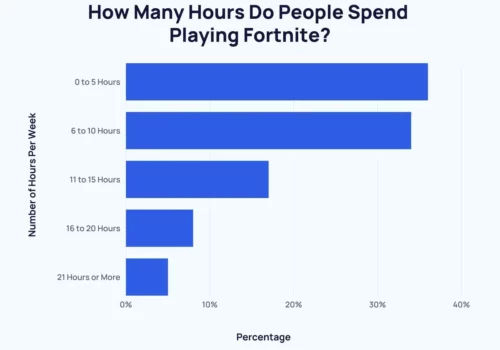Let’s explore some interesting statistics about job interviews, explained in simple terms.
Job interviews are a crucial step in the hiring process, and these statistics provide insights into common trends, challenges, and successes for job seekers and employers alike.
Whether you’re preparing for an interview or just curious about the world of employment, join us as we explore the best job interview statistics.
| Category | Statistic |
|---|---|
| General Interview Statistics: | 20% of applicants advance to the interview phase. |
| 30.89% of interviewees receive a job offer. | |
| Average Interview Duration: | Telephone round interviews last about 15 minutes. |
| In-person, video, and technical interviews last 45 to 75 minutes. | |
| First Impressions in Interviews: | Interviewers form an impression within the first 90 seconds. |
| One in four recruiters will not consider a candidate who is not appropriately attired. | |
| Importance of Researching the Employer: | 47% of applicants are rejected due to a vague understanding of the position and company. |
| Non-Verbal Cues in Interviews: | Eye contact is essential; interviewees should aim for 60-70% eye contact when speaking. |
| Technology in Interviews: | 60% of recruiters use video technology for candidate interviews. |
| Virtual Recruitment: | 81% of recruiters believe virtual recruitment will continue post-COVID. |
| Recruitment Through Referrals: | Referrals increase the likelihood of a successful job match from 2.6% to 6.6%. |
| Increasing Use of AI in Recruitment: | AI is used for conducting interviews and eliminating human bias. |
| Cross-Functional Skills Preference: | Cross-functional candidates are in more demand. |
| Lengthier Recruitment Process: | Hiring managers are taking more time to assess candidates’ motivation and dedication. |
| Diversity in Hiring: | 77% of recruiters believe diversity will be deemed essential in recruitment soon. |
| Industry-Specific Trends: | Technology, marketing, and healthcare industries have unique job interview trends. |
Key Job Interview Statistics:
- According to a survey, 77% of recruiters consider grammatical errors and typos as major turn-offs while reviewing resumes. Therefore, it is essential to proofread your resume carefully before submitting it to any potential employer.
- Job interviews usually last between 45 and 60 minutes.
- It has been found that approximately 40% of individuals tend to provide false information on their resumes.
- The first impression you make on someone is crucial and can be formed in as little as 7 seconds.
- By the year 2025, about 75% of the worldwide workforce will be made up of Millennials and Gen Z.
- The unemployment rate in the United States as of September 2022 is 3.5%.
Hottest Job Interview Statistics 2024
Image credits: Pexels
Did you know that only 20% of job applicants get invited to the interview phase? This means that if you have received an interview call, you have beaten out six other candidates for the position.
On average, there are 118 applicants for a single job opening. And, if you are offered the job, you are among the 30.89% of candidates who are selected.
Average Interview Duration:
The length of an interview mostly depends on the type of interview you are participating in. If this is the first telephone round, it may last no more than 15 minutes.
However, further in-person, video, and technical interviews might last anywhere from 45 to 1 hour and 15 minutes.
The longer the interview, the greater the likelihood that you and the recruiter will get to know each other better and the likelihood that you will be hired.
The First Impression:
They believe that the first impression is the lasting one, and it has been observed that people have an average of seven seconds to make a fantastic first impression. Introduce yourself with a genuine, warm smile, a firm handshake, and a concise sentence.
Don’t forget that your attire also contributes to a positive first impression. Dress appropriately for the interview. According to reports, one in four recruiters will not consider a candidate who is not appropriately attired.
How Long Does it Take for Interviewers to Decide if You Can Move Forward?
According to recruiters, the first 90 seconds are critical for establishing credibility. Within this little period, recruiters build an impression of you and assess if you are employable or not.
The Importance of Researching the Employer:
If you want to get the job, you must conduct thorough research about the organization and position. 47% of applicants are rejected because they have a vague understanding of the position and the company’s mission.
Deals are Made or Broken by Non-verbal cues:
Observe your physical language. Recruiters do not like candidates whose body language is unprofessional; this includes your grin, posture, and walk, among other things.
Image credits: Pexels
Eye contact is an essential confidence indicator, and interviewees should attempt to make eye contact with their interviewers 60 to 70 percent of the time when speaking.
Technology in Interview:
The recruitment landscape is changing as virtual recruitment becomes more popular, with the majority of interviews taking place through video calls.
Reports show that 60% of recruiters use video technology to conduct candidate interviews.
Understanding Job Interview Trends:
Now, let’s examine the most recent developments in job interviews that are reshaping how firms handle recruitment, as well as the impact of these changes on you as a candidate.
Virtual Recruitment:
Due to the widespread pandemic, virtual recruitment has become commonplace. Using technology to conduct interviews is now more of a necessity than a choice.
Previously, firms progressively used digital methods to shorten the recruitment process. According to LinkedIn, 81% of recruiters believe that virtual recruitment will continue post-COVID.
The Gig Economy:
An estimated 57 million people in the United States work as freelancers. Increasing numbers of people are choosing for contractual employment or freelance options.
Due to the rise in distant working conditions, the number must be far larger than anticipated.
Recruitment Through Referrals or Professional Networks:
Recruiters increasingly use social networks to find job candidates, so you’re more likely to discover a position through a referral. Statistics indicate that referrals raise the likelihood of a successful job match from 2.6% to 6.6%.
An Increasing Use of AI:
Using ATS, companies have automated their employment processes. Predictive analytics to assess hiring needs, chatbots for arranging interviews, and artificial intelligence for conducting interviews are some of the advances that are currently overwhelming the conventional recruitment process.
Image credits: Pexels
These AI-based systems are capable of conducting competency-based, organized interviews, eliminating the possibility of human bias in the process.
The Preference for Cross-Functional Skills:
Cross-functional candidates will be in more demand since they are likely to have a more comprehensive understanding of the business.
Those who aspire to advance and those who wish to develop a strong cross-functional team would do well to seek training and a mentor, respectively.
Lengthier Process:
As the focus shifts towards selecting candidates who can remain with the organization for a longer duration, the recruitment process is becoming more lengthy.
This is because hiring managers are taking the time to evaluate the candidates’ willingness to acquire new skills and their level of commitment to the company.
Behavioral interviews are becoming more widespread to ensure better cultural alignment and increased employee retention.
Diversity In Hiring:
The focus on diversity and inclusion in the workplace is evolving from just hiring individuals from diverse backgrounds to creating a culture of fair treatment where every person has an equal opportunity to succeed and is valued equally.
Companies are implementing official sponsorship and mentoring programs, flexible work initiatives, and more to foster a diverse culture.
Additionally, 77% of recruiters believe that diversity will become a vital factor in recruitment in the near future.
FAQs
📊 What are the latest job interview success rates?
Job interview success rates can vary, but on average, about 20% to 25% of applicants receive job offers after interviews. These rates depend on factors such as the industry, job market, and individual qualifications.
🤝 How important is body language in job interviews?
Body language is significant in job interviews. Positive gestures, eye contact, and a confident posture can make a favorable impression. Poor body language, like slouching or avoiding eye contact, may negatively impact your interview.
💼 What are the most common job interview questions?
Common interview questions include inquiries about your strengths and weaknesses, your work experience, how you handle challenges, and why you're interested in the position. Tailor your responses to the specific job and company.
🧑💼 What do employers value the most in job interviews?
Employers often value qualities such as strong communication skills, problem-solving abilities, adaptability, and a good cultural fit with the company when conducting interviews.
😓 What are some common job interview mistakes to avoid?
Common mistakes to avoid include arriving late, speaking negatively about past employers, not researching the company, and not asking questions about the job or company. It's essential to present yourself professionally and positively during interviews.
Quick Links:
- Pinterest Statistics
- Amazing AR Statistics
- Most Fascinating Oligarchs Statistics
- Word of Mouth Marketing Statistics
Conclusion: Job Interview Statistics 2024
The constantly changing job market has led to a significant shortage of skilled workers.
A study conducted by LinkedIn suggests that over 85 million job positions may remain vacant worldwide by 2030 due to this talent deficit.
In such a scenario, it is crucial to develop employable skills. Enrolling in an industry-recognized e-learning course can help you enhance your skills and become a more desirable candidate for recruiters during this era of talent shortage.








